
Duygu Güner
Duygu joined Bruegel in June 2022 as part of the Future of Work and Inclusive Growth team.
She is an applied economist, and her research mainly focuses on structural labour markets issues such as barriers to labour force participation, gender gaps, informality, skill shortages and unemployment.
Before joining Bruegel, she has been actively involved in research for more than 10 years in a diverse setting. She participated in multiple projects for various institutions including JRC-Seville, the World Bank, the International Labour Organization, and the Ministry of Labour and Social Security of Turkey.
She holds an MA in Economics and a BSc in Management Engineering from Istanbul Technical University (Turkey). Currently, she is finalising a PhD in Economics at KU Leuven.
Disclaimer of external interests
Featured work

Labour market outlook dashboard
This dashboard offers a comprehensive overview of the evolution of key labour market outcomes across EU member states, from 2006 onwards
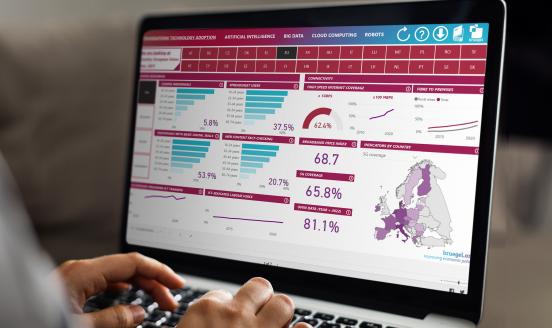
Bruegel presents: Technology adoption and Twin transition dashboards
At this event, we delved into two dashboards offering key insights on the evolution of work and technology adoption in Europe.

Twin transition skills dashboard
This dashboard displays the evolution of skills demand in the EU member states.
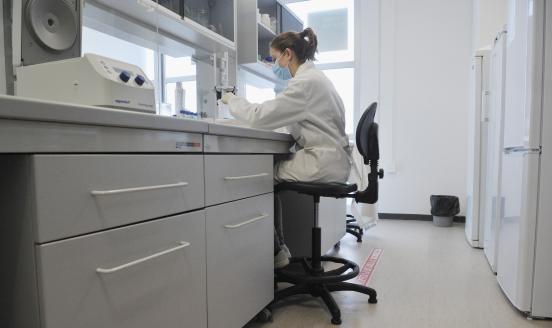
Promoting STEM skills: a brief assessment of French individual learning accounts
French ILA successfully promotes basic digital skills but falls short of fostering more advanced capabilities.

Technology adoption dashboard
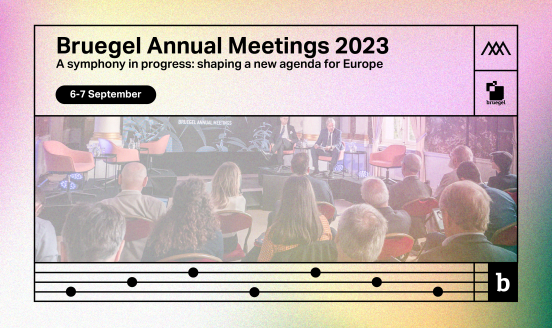
Bruegel Annual Meetings, 6-7 September 2023
A symphony in progress: shaping a new agenda for Europe

Future of Work and Inclusive Growth Annual Conference 2023
Annual Conference of the Future of Work and Inclusive Growth project
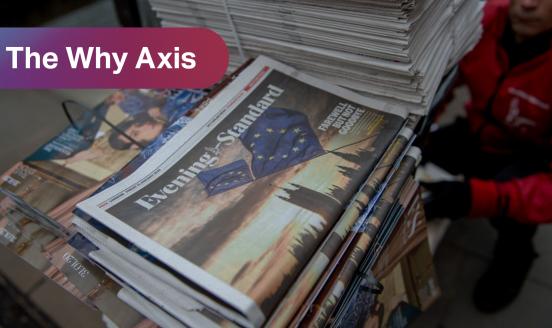
Why is the new directive on platform work important?

Up and ahead: skills for a more resilient EU workforce
How can we equip people with the skills they need to adapt to a rapidly changing labour market?
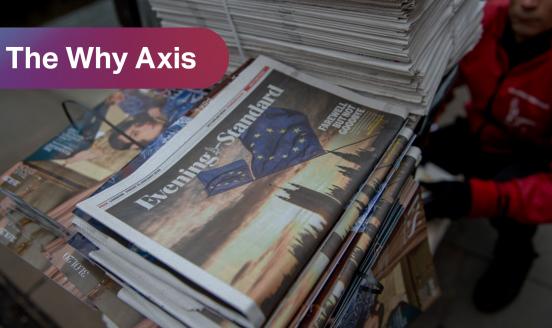
How can the EU improve the skills of the workforce?

Understanding barriers and resistance to training in the European Union
People with less education are also less able and willing to participate in training; understanding why is essential to prevent a widening skill gap.

Digital reskilling: empowering under-resourced communities on both sides of the Atlantic
What skills are needed for the digital future, and how can governments and companies support the retraining of people who lack these skills?